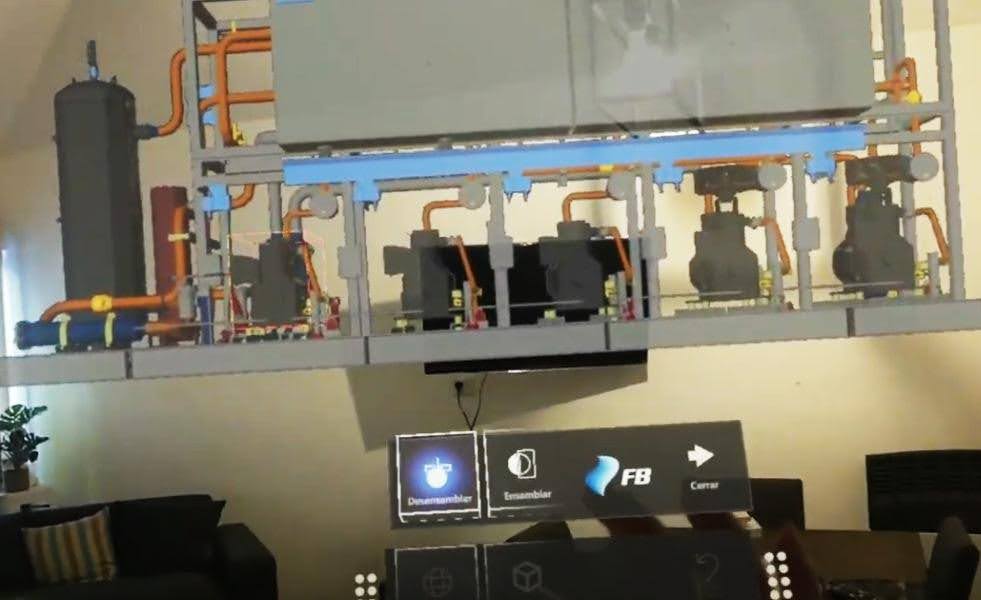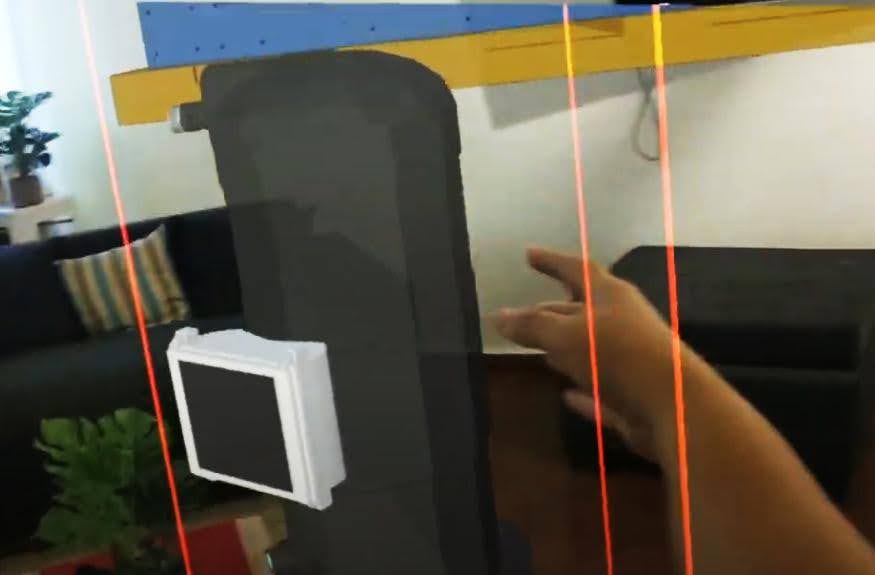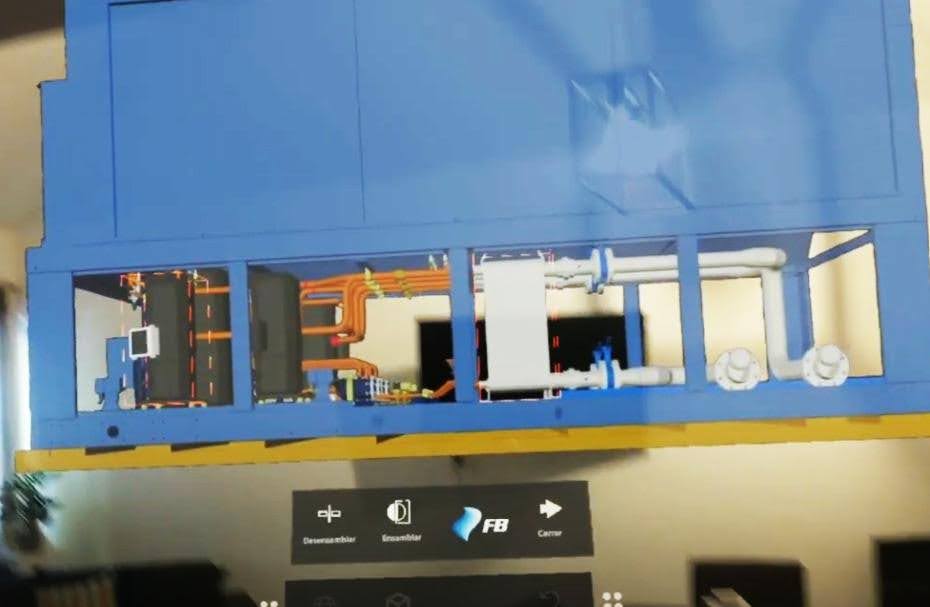FRIGUS BOHN
FRIGUS BOHN
As the Covid pandemic prevented in-person meetings with customers, FRIGUS BOHN SA needed a new way to interact with customers to review the prototypes of custom refrigeration systems before they went into production. To solve this challenge, FRIGUS BOHN turned to Allata for help in leveraging Microsoft HoloLens smart glasses to render 3-D models of refrigeration systems. Allata wrote code to extract the system models from an AutoCAD platform and to convert the models into holograms. Allata also applied innovative software development tools to enhance user experiences and then built a cloud infrastructure with a portal in Microsoft Azure to support consistent hologram performance. With the HoloLens devices, FRIGUS BOHN can now give customers detailed views into prototype models that help them understand the inner working of the refrigeration systems. The hologram devices also create the potential to enhance sales and service engagements with customers.
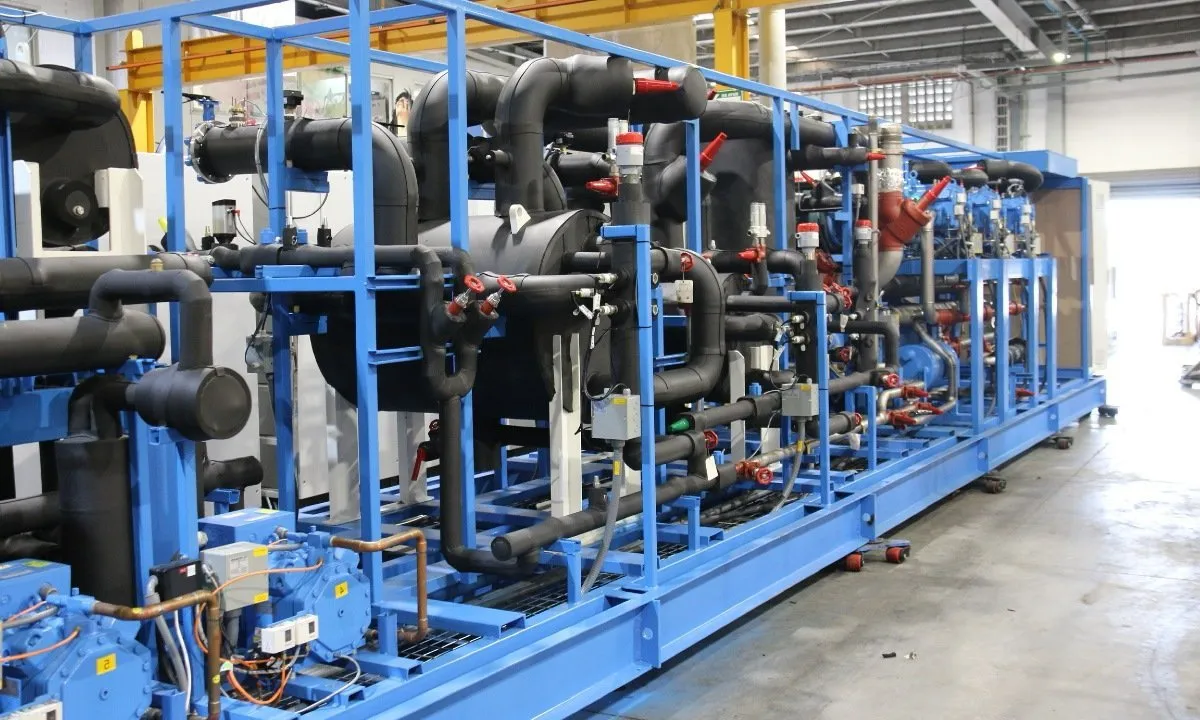
key deliverables
tools & technologies
- Unity
- Mixed Reality Toolkit
- NodeJS
- .NET Core 6
- React
- MySQL
- Terraform
- Docker
- Azure Services: Remote Rendering, B2C, Functions, Storage Account, API Management, Container Registry, Sendgrid
After conducting research, Allata was the only firm in Latin America that we could find who could help us learn how to leverage the HoloLens devices.
Alvaro Lopez, Corporate IT Manager, FRIGUS BOHN
The Challenge
Helping Customers Understand System Prototypes
FRIGUS BOHN SA, based in Mexico, meets the needs of the cold chain so agricultural, fishery and meat products arrive fresh at consumer tables. The company manufactures synthetic and natural refrigerant solutions for commercial and industrial applications—ranging from condensers to evaporators and coils for ice factories, system connections, and refrigerated transport.
Many customers request custom-built refrigeration systems. As part of this process, FRIGUS BOHN demonstrates prototypes to make sure the systems meet customer requirements before moving into the manufacturing phase. Given the complexity of the refrigeration systems that FRIGUS BOHN provides, the engineering team already faced challenges during these demonstrations.
“With the size of the condensers, evaporators, refrigeration racks, and compressors—along with their many technical components and interconnecting parts—two-dimensional media, such as blueprints and laptop screens, convey only so much,” explains Eloy Espinosa, an Engineering Manager at FRIGUS BOHN. “Customers need to get a better feel for what’s inside the systems and exactly how the cooling mechanisms work.”
And when Covid hit in 2020, the challenge jumped exponentially. The engineering team could no longer visit customer sites and was forced to transition to virtual presentations. Video conference calls—where the available screen space to show systems shrinks even further—did not seem to be a viable option.
Frigus Bohn needed to expand the views the engineering team could give to prospects when demonstrating the refrigeration system prototypes.
The Solution
3-D Holograms Make System Views Easier to Comprehend
To solve the challenge, the FRIGUS BOHN engineering and IT teams came up with an innovative idea after seeing a Microsoft HoloLens demonstration by Allata at a Microsoft conference. The mixed reality smart glasses are head-mounted ergonomic displays that are untethered and self-contained. They allow users to view product holograms.
“We envisioned setting up online demonstrations where engineers in our office and customers in their facilities could meet online while they both wear the devices,” says Alvaro Lopez, Corporate IT Manager at FRIGUS BOHN. “With holograms, we can greatly expand the size of the images they see, and we can present our prototypes in 3-D, which allows customers to view the inner workings of our equipment in much greater detail.”
With HoloLens, FRIGUS BOHN now had a clear vision of the solution to their prototype demonstration challenge. The next hurdles to overcome included how to convert the model diagrams stored in the FRIGUS BOHN AutoCAD platform into holograms—and then ensure reliable user experiences for engineers and customers as they interact with the holograms.
“We were embarking on leveraging a brand new technology,” says Espinosa. “We knew we needed to turn to external experts for help, but our choices were limited.”
The Results
A New Paradigm for Facilitating Customer Interactions
To find the required expertise and make their hologram vision a reality, Lopez and Espinosa went back to the Allata team. Allata not only has expertise in how to use the HoloLens devices, but also the process for converting computer-aided designs into hologram images and how to design the required cloud infrastructure to support applications used by the devices.
“After conducting research, Allata was the only firm in Latin America that we could find who could help us learn how to leverage the HoloLens devices,” Lopez points out.
Allata allocated a seven-person team to the project to develop software to extract the refrigeration equipment models from the AutoCAD platform. The team also designed a cloud infrastructure with compute resources running on the Microsoft Azure platform to host the models.
From there, Allata applied innovative software development tools to deliver smooth user experiences for interacting with the holograms. While wearing the HoloLens devices, FRIGUS BOHN engineers and customers can meet in Microsoft Teams and log into a website portal to connect to Azure and view the refrigeration system models in 3-D.
The devices give customers the ability to look at system models from multiple viewpoints—front, back, side, above, and below. “They can also look inside to see internal parts and zoom in on system components,” Espinosa adds. “The 3-D view gives them a better idea of how our technology works and an extra level of confidence in our cooling system capabilities.”
In addition to facilitating prototype development conversations, the hologram devices can assist during system maintenance and repairs. Customers can consult with FRIGUS BOHN technicians as they view hologram models to identify parts that need to be replaced.
“We also envision that the HoloLens devices can someday assist our sales team,” says Lopez. “Customers that use the device rave about the experience—they understand much more about our systems when viewing them in 3-D rather than on a laptop screen or looking at a blueprint.”
Allata is great at explaining everything they do and keeping us up-to-date on their results with regular meetings and demos. They also take the time to understand our requirements to ensure their solutions meet our needs.
Eloy Espinosa, Engineering Manager|FRIGUS BOHN
A First for Latin America
This project represents a first for all of Latin America as FRIGUS BOHN leads the way in leveraging holograms to enhance customer interactions. The project was also the first time FRIGUS BOHN deployed an application in the cloud. Since that time, the IT team has moved additional applications to the cloud and expects to continue migrating other components of the on-premises infrastructure.
Allata is next launching an effort to integrate the FRIGUS BOHN hologram application with technologies such as machine learning and spatial mapping, among others. This will make it possible for the wearable devices to identify components experiencing problems or that are due for maintenance.
“We look forward to collaborating with Allata,” Espinosa says. “They are great at explaining everything they do and keeping us up-to-date on their results with regular meetings and demos. They also take the time to understand our requirements to ensure their solutions meet our needs.”
Innovation starts with a conversation.
Fill out this email form and we’ll connect you with the right person for your needs.
Related Case Studies

AI-assisted development boosts product modernization, efficiency, scalability, and future growth trajectory.
- Healthcare & Life Sciences
- Artificial Intelligence
Healthcare & Life Sciences, Artificial Intelligence

VyoPath Creates SaaS Revenue Stream by Leveraging Allata in Artificial Intelligence
- High Tech
- Technology & Cloud
High Tech, Technology & Cloud
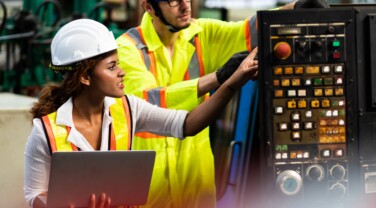
Transforming Internal Application Into Revenue Opportunities
- Manufacturing
- Technology & Cloud
Manufacturing, Technology & Cloud
